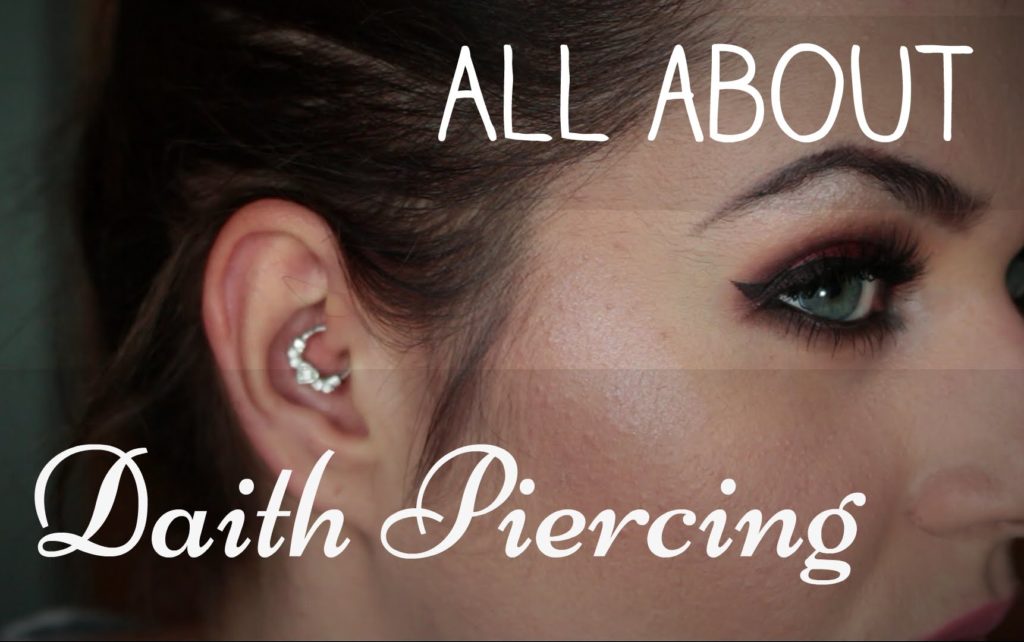We are busy! Children, moving, new jobs, old jobs, unexpected situations, and circumstances beyond our control can lead to stress and anxiety, regardless of how prepared we are. Depending on what is going on in our lives, our stress levels can reach new heights. This can take a toll on both our mental and physical health. It needs to be controlled or better yet, stopped. Here are some things to try throughout the day to help ease your mind and body and regain your confidence and release anxiety.
Take a Deep Breath…
Breathing exercises are amazing. The infamous 4-7-8 breathing exercise is highly recommended and helps the individual not only calm themselves but helps lower their heart rates too. For four seconds, inhale through your nose. Hold your breath for seven seconds and then release it slowly for eight seconds. Repeat this exercise several times, or until you feel calmer and notice how your heart rate is a bit slower. This can be done throughout the day or in anticipation for important meetings, or other stressful situations.
Drink this Not That!
Herbal tea can be a life saver. Herbal teas are usually natural, plant-based teas that are known for their calming and soothing effects. Some promote sleepiness, and many people opt to drink them in the evenings in preparation for bedtime. Chamomile tea is one of the most popular relaxation teas. Not only can it ease stress and anxiety, but the teas also have properties that can help with muscle spasms as well as encourage a good night’s sleep.
Get Moving to Fight Stress
Exercise, and particularly yoga, can ease stress. Exercise increases our endorphin levels, which makes us happy! Doing some form of exercise whether it be a walk in the evening or an all-out weight lifting session is highly encouraged to decrease stress and anxiety. Physical release benefits both mind and body. Yoga is a type of meditation exercise that helps an individual feel grounded and centered when their life might be in complete chaos. It incorporates breathing exercises as well as stretching and is a favorite in reducing stress. The best thing about yoga is that it can be done almost anywhere if you have a mat on hand.
Ease the Tension with a Massage
Get a massage. Massages focus on the pressure to ease muscle tension and soreness. There are many different types to choose from including ones that involve hot rocks placed along your spine, Swedish massages, and deep-tissue massages to only name a few. Lactic acid is released during the muscle massages which not only makes us healthier; it also helps us relax. Drink lots of water to flush out the toxins massages release, and enjoy the relaxing benefits they provide.
Aromatherapy Can Be Done Anywhere
Apply essential oils to help you relax. Essential oils are another fantastic way to promote relaxation and less stress. There are oils specifically made to help anxiety and stress such as lavender oil or peppermint oil. They can be placed in a diffuser to inhale and enjoy the aromatherapy of the relaxing oils, or you can also take them to work or travel with them. By placing small amounts on your temples and wrists, the oil can be absorbed as well as inhaled for maximum benefits throughout the day, wherever you go.
The Sun is Your Friend
Head outdoors to beat stress. Often, taking a walk outside or reveling in nature and the beauty of your surroundings can give you a mental break from your workload or tasks. Taking the time to breathe deeply as you remove yourself from your office or home for a short time can lower anxiety and help regain your focus. Sometimes all we need is a change of scenery and focus to lower our stress levels.
Don’t let stress ruin your day. Utilizing one or many of these ideas throughout the day can help keep you calmer and happier. Essential oils can be carried with you anywhere, and breathing exercises can be done anytime you feel overwhelmed.
Bio: Sarah writes for Relax Everyday. Her goal is to share her knowledge about relaxation, massages, and meditation using tried and tested strategies to those who want to learn more about it.




